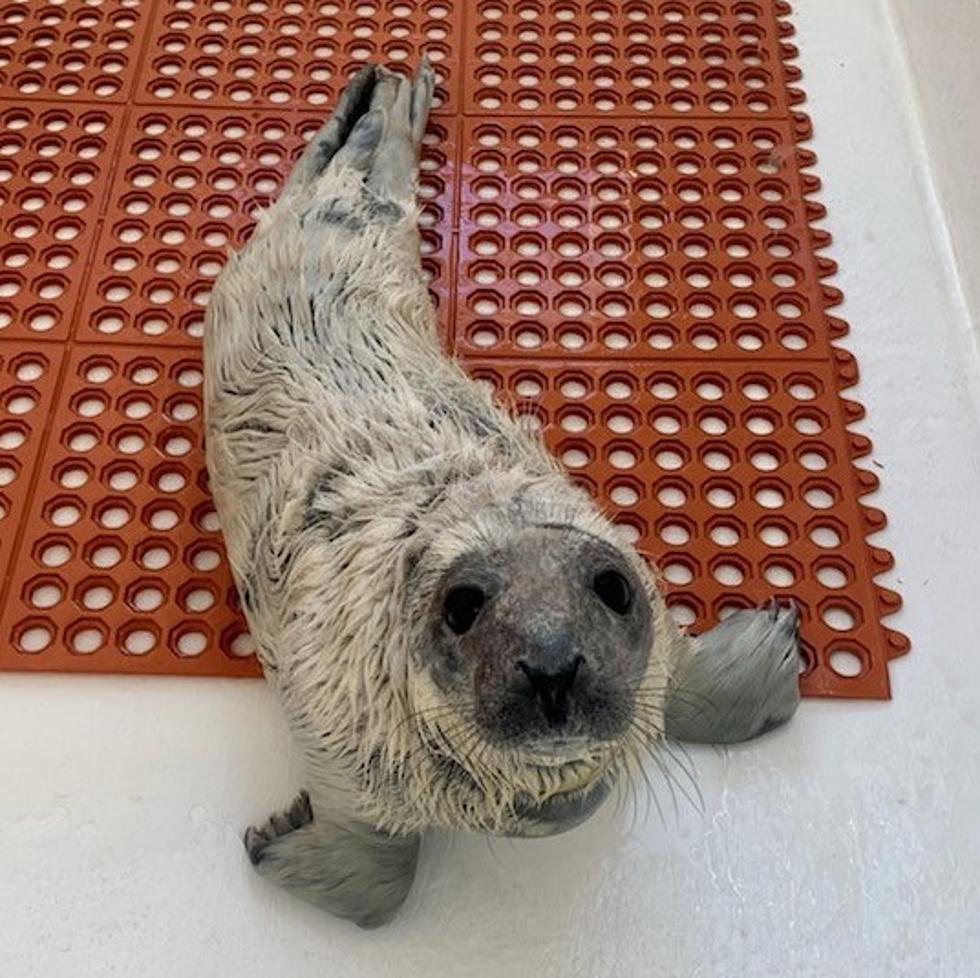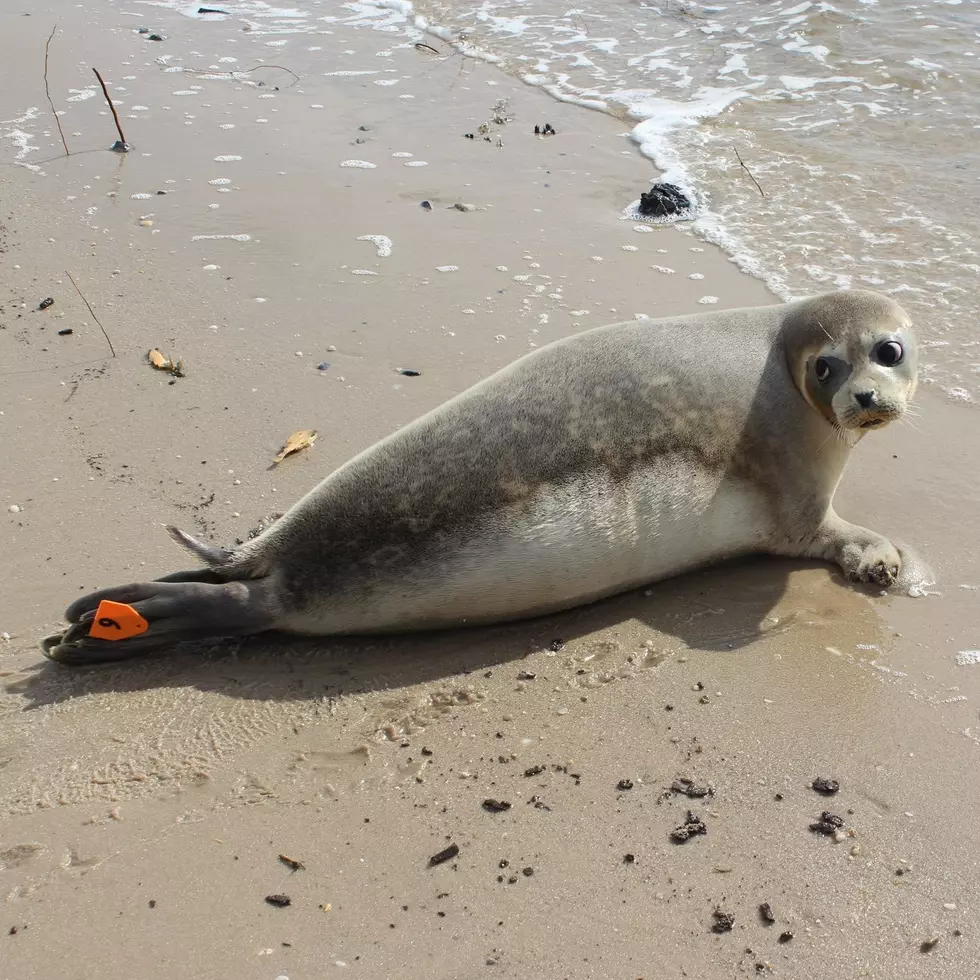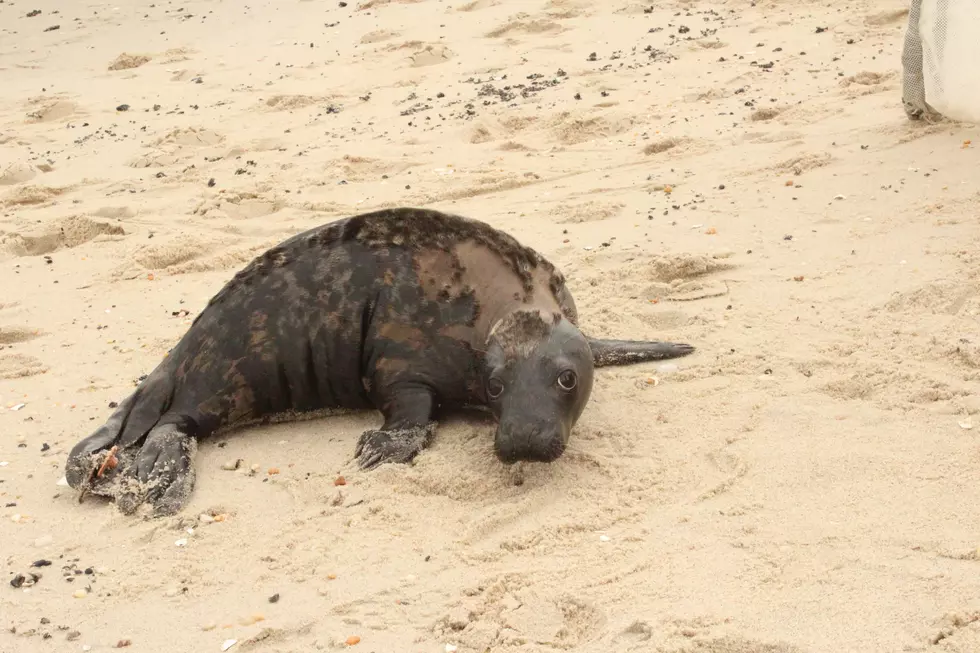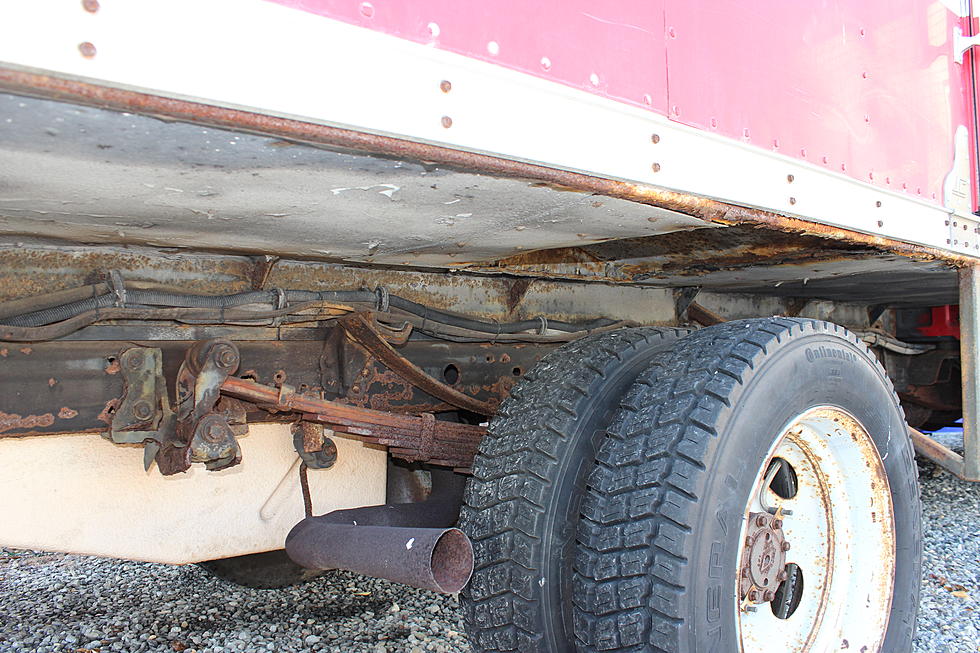
Fishing or boating off the Jersey Shore? Watch out for whales
Now that beaches are open and boating and fishing can resume around the Garden State, be on the lookout for a lot more whale sightings -- especially humpbacks.
Bob Schoelkopf, founding director of The Marine Mammal Stranding Center in Brigantine, said humpback whales are most commonly seen in New Jersey waters, usually showing up around April and May.
Minke and fin whales are also very common. Schoelkopf said these animals normally spend the winter in the waters off Puerto Rico. The food sources they prefer are sparse, so they use up their body fat instead. Once the springtime arrives, the whales move North and when they do that, they've got enough access to food to fill themselves up before moving into New England waters.
Schoelkopf said with more people hitting the beaches, the stranding center has been getting more and more calls about stranded animals. He said he may get 30 calls in one day about the same animal.
Whales, especially humpbacks, very often swim closer to shore to feed, which can be problematic. Earlier this month, a whale came down on a boat in Seaside Park, capsizing it and launching two fishermen into the water. The whale was lunge feeding. So as it came up, getting a large mouthful of water and fish, it leapt into the air, then came crashing down on the boat.
This is a problem that the stranding center will most likely see a lot of this summer, Schoelkopf said. That's because tons of boats are going out fishing now. Before, they were tied up at the docks due to the ongoing novel coronavirus pandemic. The lack of fishing meant more of a food supply available for whales. That's why they've been sticking around, he said. But now, fishing boats have permission to go out so whale encounters will be plentiful.
Schoelkopf said boaters need to remember they are not the only ones out there on the water. These whales are busy feeding, especially if they haven't eaten all winter long. They're interested in food only. It's up to the boat operator to pay attention.
"If they see whales in the area feeding, it would be a good idea to get out of that area and go somewhere else, especially if the whales are eating the food that you're trying to catch," Schoelkopf said.
He said if someone sees an injured or beached whale, call the Marine Mammal Stranding Center's 24-hour hotline at 609-266-0538. If possible, take a picture of the animal from a safe distance, email the photo to the stranding center and it them decide if the whale is injured or just resting after feeding, he said.
More from New Jersey 101.5:
Doyle's adventure through the Great Adventure Safari
More From New Jersey 101.5 FM









